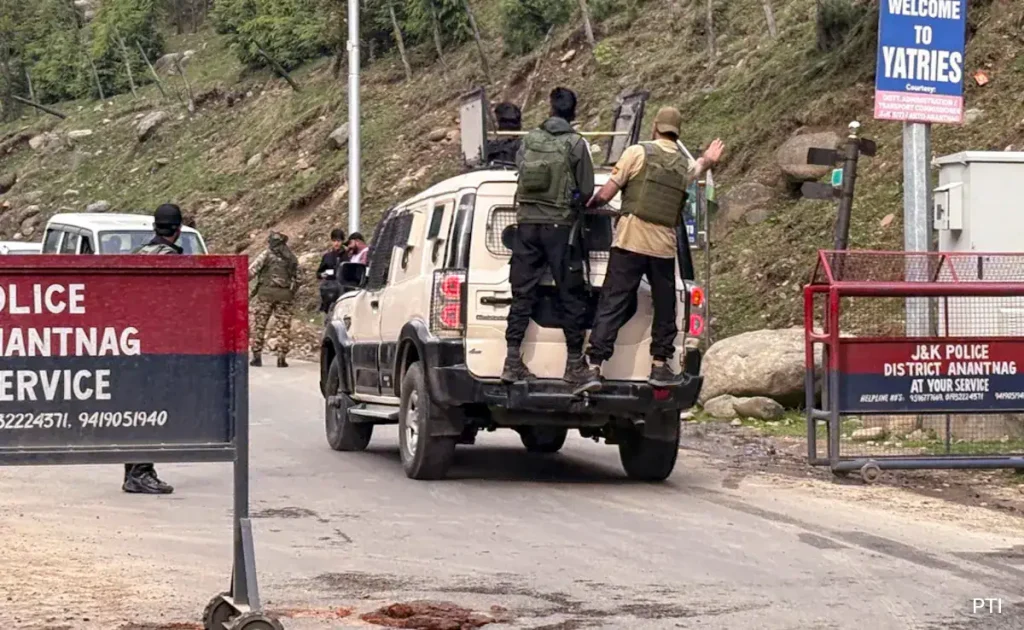After the controversial Pahalgam incident, global media is sounding the alarm on anti-Muslim violence in India. Several outlets have linked this growing hate to the ruling BJP and Prime Minister Narendra Modi’s policies.
Reports suggest BJP leaders have openly fueled hatred. Some of them have even supported the display of blasphemous posters inside mosques. Attacks and threats targeting Muslims have sharply increased, especially in Uttar Pradesh, Haryana, and Maharashtra.
According to Al Jazeera, more than 20 Islamophobic songs were released soon after the Pahalgam attack. These songs glorified violence and hate. BJP leader Nitesh Rane reportedly called for a full economic boycott of Muslims. The outlet also reported at least 21 incidents of anti-Muslim violence in India in just a few days.
Disturbing stories have also emerged from hospitals and schools. Muslim patients were denied medical treatment in some areas. Muslim students were physically assaulted, adding another layer to the ongoing campaign of hate.
A recent report by the Center for the Study of Organized Hate, based in Washington D.C., warned of a serious rise in Islamophobia across India. The group said the threat is now systemic and spreading rapidly.
Experts and defense analysts believe that Modi’s government is using religion to gain political control. “Modi is weaponizing hate against Muslims for votes,” one analyst stated. Others say his policies are deepening Hindu-Muslim divisions.
The sharp spike in anti-Muslim violence in India is drawing serious global attention. International observers fear that such tensions could destabilize the entire region.
As hate speech spreads, the space for peaceful coexistence continues to shrink. The Modi-led government faces growing criticism from rights groups, international media, and watchdogs.
From violence on the streets to digital hate campaigns, the rising tide of anti-Muslim violence in India is no longer just a domestic issue. It is now a global concern.


